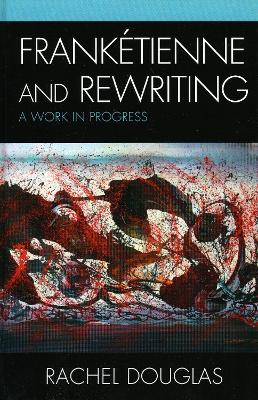After the Empire: The Francophone World and Postcolonial Fra
1 total work
"Rewriting" in the context of critical work on Caribbean literature has tended to be used to discuss revisionism from a variety of postcolonial perspectives, such as "rewriting history" or "rewriting canonical texts." By shifting the focus to how Caribbean writers return to their own works in order to rework them, this book offers theoretical considerations to postcolonial studies on "literariness" in relation to the near-obsessive degree of rewriting to which Caribbean writers have subjected their own literary texts. Focusing specifically on Franketienne, this book offers an overview of how the defining aesthetic and thematic components of Franketienne's major works have emerged over the course of his forty-year writing career. It reveals the marked development of key notions guiding his literary creation since the 1960s, and demonstrates that rewriting illustrates the central aesthetic of the Spiral which has always shaped his oeuvre. It is, the book argues, the constantly moving form of the Spiral which Franketienne explores through his constant reworking of his previously written texts. Franketienne and Rewriting negotiates between the literary and material ends of the burgeoning field of postcolonial studies, arguing that literary characteristics in Franketienne connect with changing political, social, economic, and cultural circumstances in the Haiti he rewrites.
